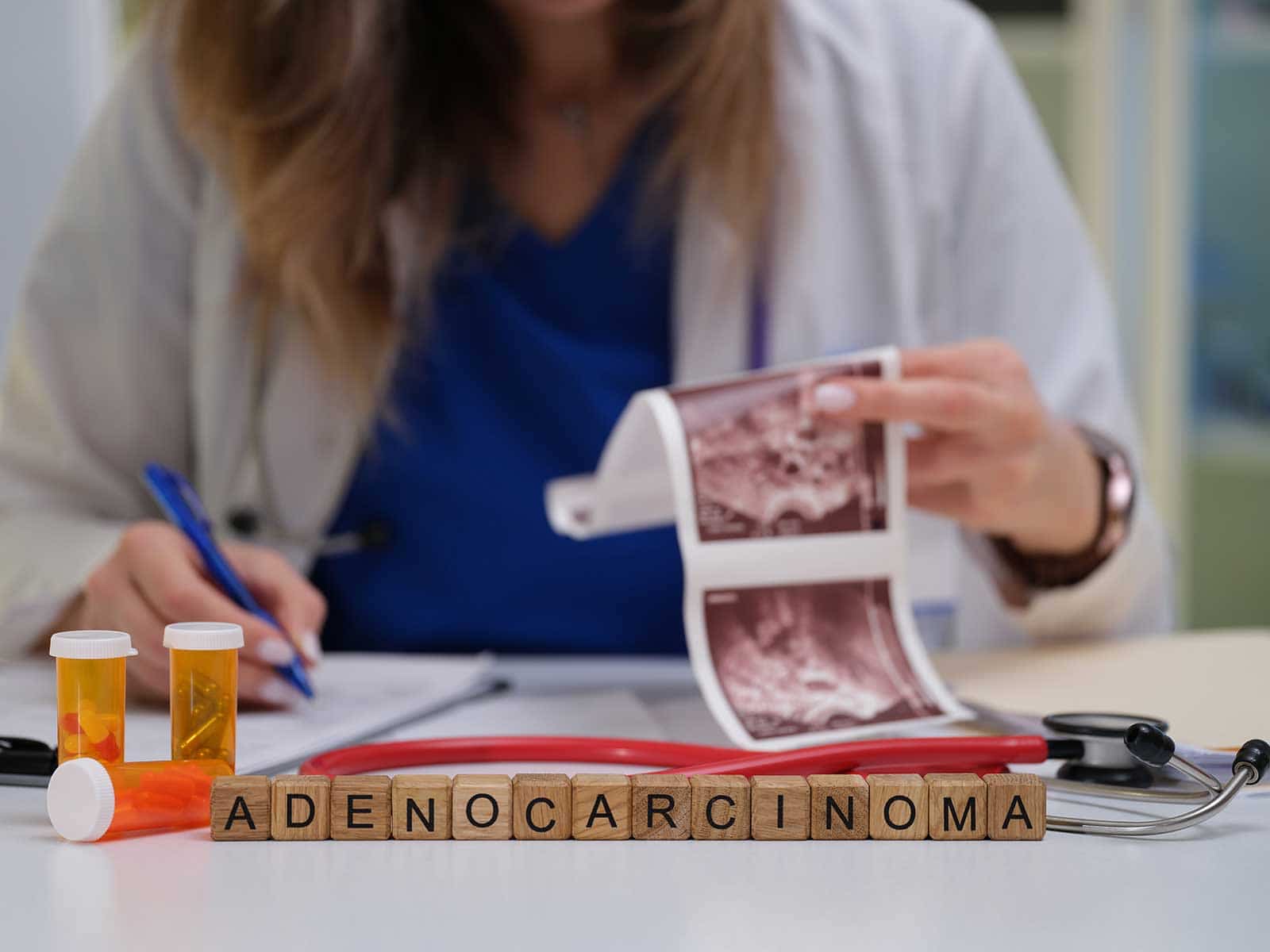
Adenocarcinoma is a malignant disorder, which originates in the gland secreting (secretive) cells of the organs like lung, colon, rectum, prostate and stomach. These are lung adenocarcinoma, large bowel adenocarcinoma, rectal adenocarcinoma, signet ring cell adenocarcinoma and metastatic adenocarcinoma. In GastroDoxs, Houston, we tell you why you are sick, as well as what to do it
The symptoms will also differ, according to the organ that is attacked, though you may have noticed:
Although there is no unanimous cause of it, there are several factors that predispose an individual to adenocarcinoma development:
With the center of interest in patient-centered care, specific adenocarcinoma treatment, GastroDoxs proposes specialized diagnostics and complex treatment, including the minimum invasive endoscopy and the most advanced one through the prism of the chemotherapy, radiation and drug targeted analysis. Our caring personnel will deal with you and develop a personalized plan and follow-ups that you will go through. Is your health your first-priority? By now make the appointment or get the second opinion and get the answers and get the personalized support.
We've successfully treated more than 1.5K patients, helping individuals improve their digestive health and overall well-being through expert, personalized care.
With over 20 years of experience, GastroDoxs has been a trusted provider of gastroenterology care, focusing on delivering the best outcomes for patients
Adenocarcinoma is classified from Stage I to Stage IV based on tumor size, lymph node involvement, and whether it has spread to other organs. Stage IV indicates metastatic disease.
Physicians use imaging tests such as chest X-rays or CT scans, laboratory studies, and confirm the diagnosis with a tissue biopsy obtained by bronchoscopy or needle aspiration.
Signet ring cell adenocarcinoma is a rare subtype where tumor cells contain abundant mucin, pushing the nucleus to one side, often originating in the stomach or colon and tending to be more aggressive.
The International Classification of Diseases, 10th Revision (ICD-10) code for primary malignant neoplasm of the rectum is C20, with additional digits to specify laterality or subsite.
Many patients live for years with Stage IV prostate adenocarcinoma. Treatments such as hormone therapy, chemotherapy, targeted agents, and supportive care can control disease and maintain quality of life.
Standard treatment begins with surgical resection of the tumor and affected lymph nodes, often followed by adjuvant chemotherapy and, in selected cases, radiation to reduce recurrence risk.
Risk factors include tobacco smoke, radon gas exposure, air pollution, occupational chemicals, and certain genetic mutations that affect cell growth in lung tissue.
Metastatic adenocarcinoma occurs when glandular tumors spread beyond their site of origin. Its frequency varies by cancer type and stage at diagnosis; early detection lowers the risk of metastasis.
Yes. Dogs can develop adenocarcinomas in organs like the intestine, pancreas, or prostate. Without treatment, average survival ranges from 2 to 6 months, though surgery and chemotherapy may extend life.
You should consult a specialist if you experience persistent or unexplained symptoms (e.g., chronic cough, blood in stool), receive a cancer diagnosis, or need a second opinion on your care plan.